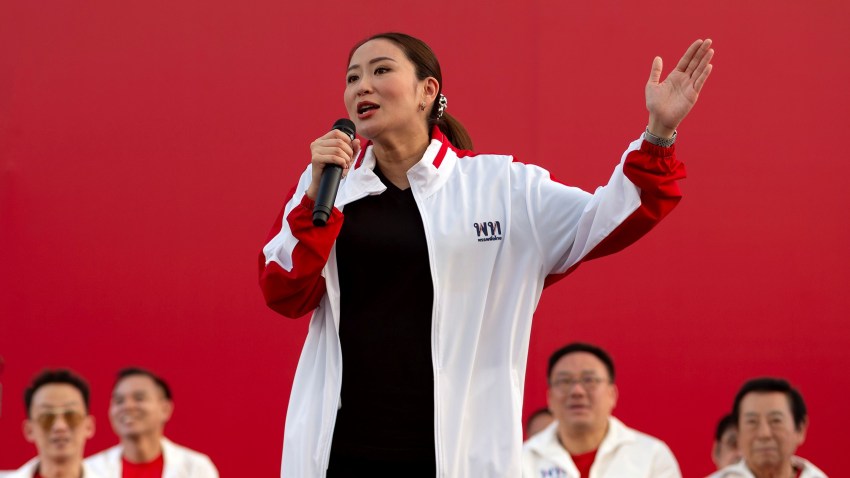Less than a month before Thailand’s election, Pheu Thai, the country’s main opposition party, is gaining momentum as it looks to end nearly a decade of military-backed rule. Prime Minister Prayuth Chan-ocha has been in power since 2014, when as an army general he led a coup that toppled the democratically elected government of then-Prime Minister Yingluck Shinawatra. Three years later, the junta Prayuth headed introduced a new constitution that skewed the electoral system in favor of military-linked parties.
That paved the way for Prayuth’s election as prime minister in 2019, with the backing of a 250-strong Senate appointed by the military, despite Palang Pracharath—the party he led at the time—having won fewer seats than Pheu Thai. Since then, nominal civilian rule has been overseen by the generals, starting with Prayuth, who led the 2014 coup.
Prayuth hopes to remain prime minister after the voting on May 14, but this time as the leader of the United Thai Nation Party, or UTNP. The party was formed last year amid a rift between Prayuth and Prawit Wongsuwon, his former mentor and Thailand’s deputy prime minister, who is running as Palang Pracharath’s candidate for the top job in this year’s election.

